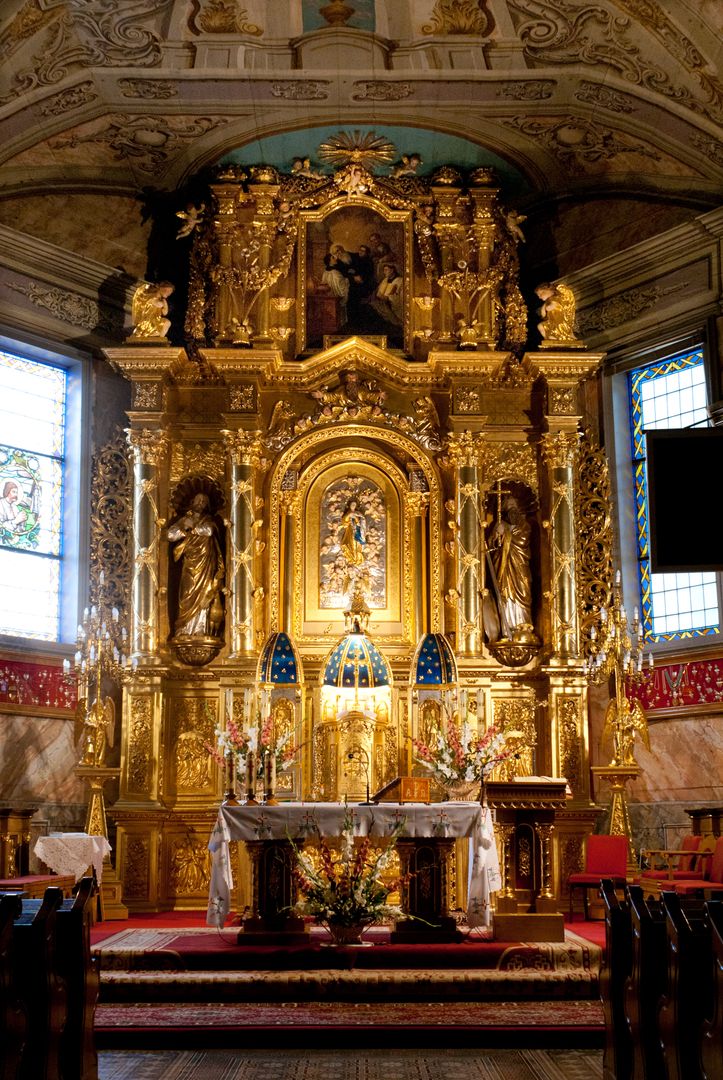Iwonicz
6.8

Overview
Iwonicz is a village in Poland, located in the Podkarpackie Voivodeship, within the Krosno County, in the municipality of Iwonicz-Zdrój, near the health resort of the same name. The village has a rich history; its name derives from the given name Iwo, associated with the cult of St. Ivo. Iwonicz was already known in the 14th century, and its history dates back even earlier, with archaeological evidence of human presence in the Neolithic period. Administratively, the village belonged to the Krosno Voivodeship from 1975 to 1998. It features numerous historical monuments, including the 14th-century Parish Church of All Saints, with its richly decorated interior and Baroque elements, and a classicist bridge from 1782. Iwonicz also boasts the 19th-century Załuski Palace and an old cemetery with tombs of the progenitors of local families. In the past, the village was the site of invasions by the Tatars and the troops of George II Rákóczi, and it suffered destruction during World War II. Iwonicz-Zdrój, which was separated from Iwonicz in the 18th century, gained renown as a health resort. Important historical figures associated with the area include Karol Teofil Załuski, co-founder of the spa, and Amelia Załuska, a composer and poet. Interestingly, during World War I, the local residents played an active role in the fighting, and in modern times, Iwonicz is linked to figures such as the sculptor Antoni Kenar and the musician Kortez.
Location
2026 Wizytor | All Rights Reserved